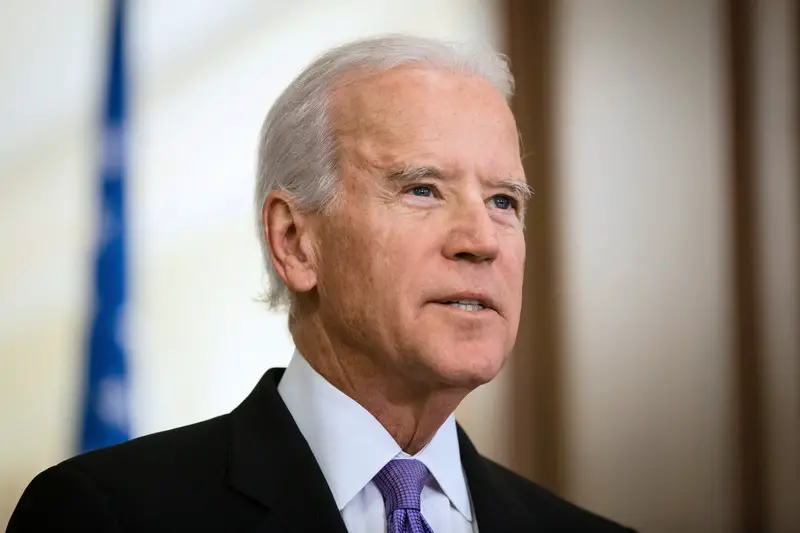President Joe Biden is contemplating the unprecedented step of issuing preemptive pardons to protect potential targets of former President Donald Trump’s anticipated retribution. This move would represent a significant expansion of presidential pardon powers, extending clemency to individuals not charged with crimes.
The White House counsel’s office has initiated formal discussions on this contentious measure to safeguard several prominent Trump critics. Those considered for protection are former Joint Chiefs of Staff Chairman Mark Milley, former Representative Liz Cheney, and former White House Chief Medical Adviser Anthony Fauci.
President Biden has discussed this possibility with his senior team, though no definitive proposals or lists have been finalized. The administration has received appeals from individuals concerned about becoming targets of investigations under the future Trump administration.
Historically, preemptive pardons are rare but not without precedent in American politics. Notable examples include President Gerald Ford’s pardon of his predecessor, Richard Nixon, following the Watergate scandal and President Jimmy Carter’s pardon of Vietnam War draft dodgers.
The consideration of these pardons comes in the wake of President Biden’s recent full and unconditional pardon of his son, Hunter Biden, which has ignited controversy. Senior officials express concern that a future Trump-led Justice Department could initiate investigations that, even without leading to prosecutions, would inflict reputational and financial harm on their targets.
Trump’s nominee for FBI Director, Kash Patel, has already signaled intentions of retribution against those perceived to have opposed Trump previously. Potential candidates for preemptive pardons include Senator-elect Adam Schiff, who spearheaded the first impeachment effort against Trump.
The Supreme Court has interpreted Biden’s pardoning power as “plenary,” not subject to legislative restriction. However, some former Justice Department officials caution that preemptive pardons could suggest wrongdoing, and progressive groups are urging President Biden to prioritize clemency efforts for incarcerated Americans over potential targets of Trump.
It’s important to note that presidential pardons offer protection against federal prosecutions but do not shield individuals from state-level criminal cases or congressional investigations. Some Biden aides have expressed apprehension that this unprecedented use of pardons could establish a precedent for even more expansive use of pardon powers by future presidents.











